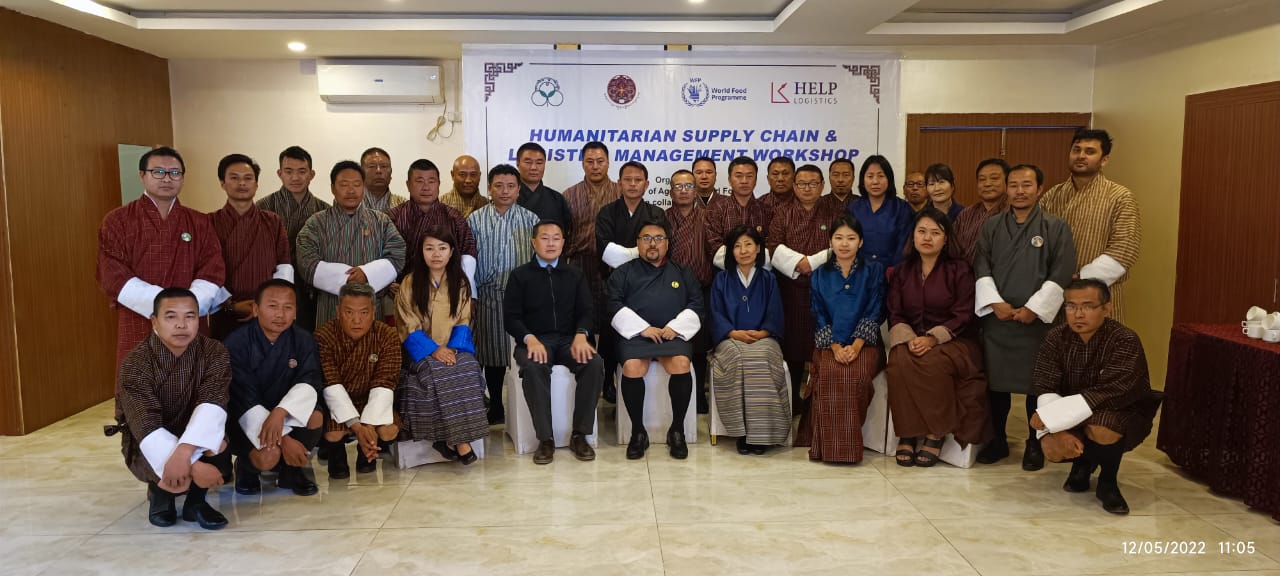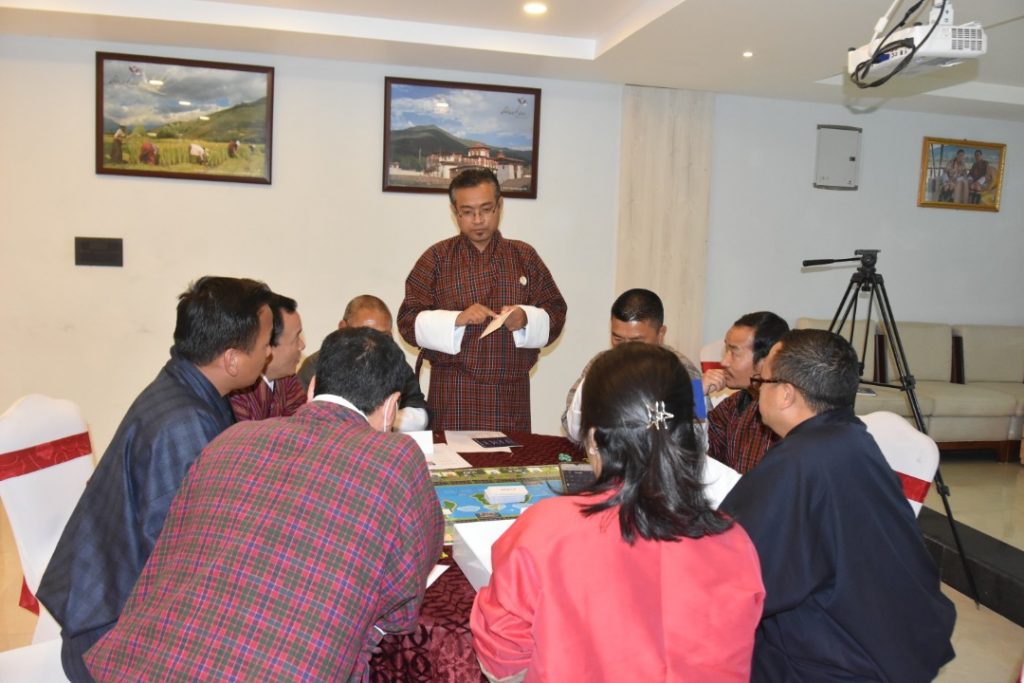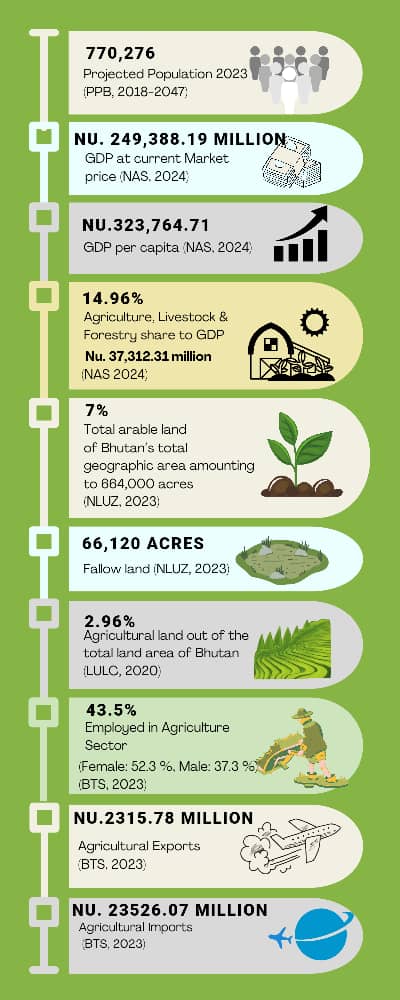A five-day workshop on Humanitarian Supply Chain and Logistics Management is currently underway in Phuntsholing, Chukha. This workshop will conclude a series of regional supply chain capacity strengthening workshops for relevent officials of 20 dzongkhags. A similar workshop was carried out in Punakha from 7 – 11 November 2022 and Trashigang from 14 – 18 November 2022.
The workshop, which began on 5th December is jointly organised by the Ministry of Agriculture and Forests (MoAF), the lead agency for the Logistics Desk, World Food Programme (WFP) and HELP Logistics.
It was an immediate response to a learning needs assessment conducted in October 2022. 38 participants comprising the Dzongkhag Agriculture Officers, Dzongkhag Livestock Officers, Dzongkhag Procurement Officers, Dzongkhag Disaster Management Officers from Sarpang, Wangdue Phodrang, Haa, Paro, Thimphu, Samtse and Chukha and officials from government agencies, State-owned Enterprises and UN agencies.
The workshop aims to equip disaster responders in the field with key concepts of humanitarian supply chain and logistics management, to introduce the logistics concept of operation based on a disaster scenario derived from the Narang, Mongar 2009 earthquake, and strengthen operational capacity with both conceptual and practical knowledge on logistics and support functions to enhance cross-sectoral planning and coordination among disaster responders in future emergencies.
During the workshop, the participants were also introduced to an experiential learning through a humanitarian supply chain game called “Business on The Move – Humanitarian Edition”. The basic concept of the game is to enable workshop participants to simulate a logistics response operation to the various distribution sites using multi-modal transportation as efficiently and effectively as possible.
Mr. Ugyen, Dy. Chief Livestock Officer, Wangdue Phodrang Dzongkhag, expressed his appreciation to the workshop organizers as his participation in the workshop facilitate his learning on the importance of joint coordination, information sharing during emergencies, and the importance of supply chain preparedness through the joint action plan and compilation of logistics capacity data within each dzongkhag.
![]()





